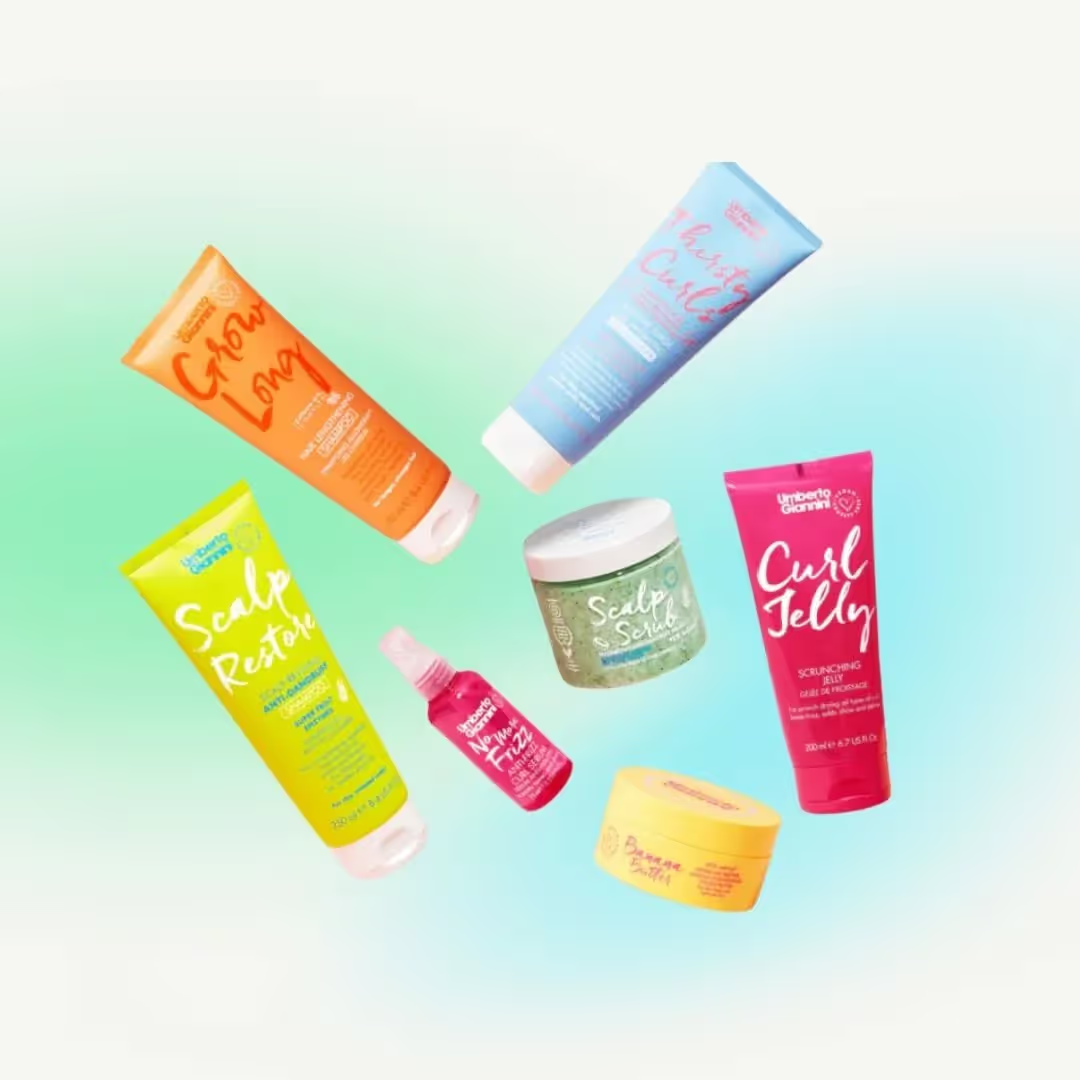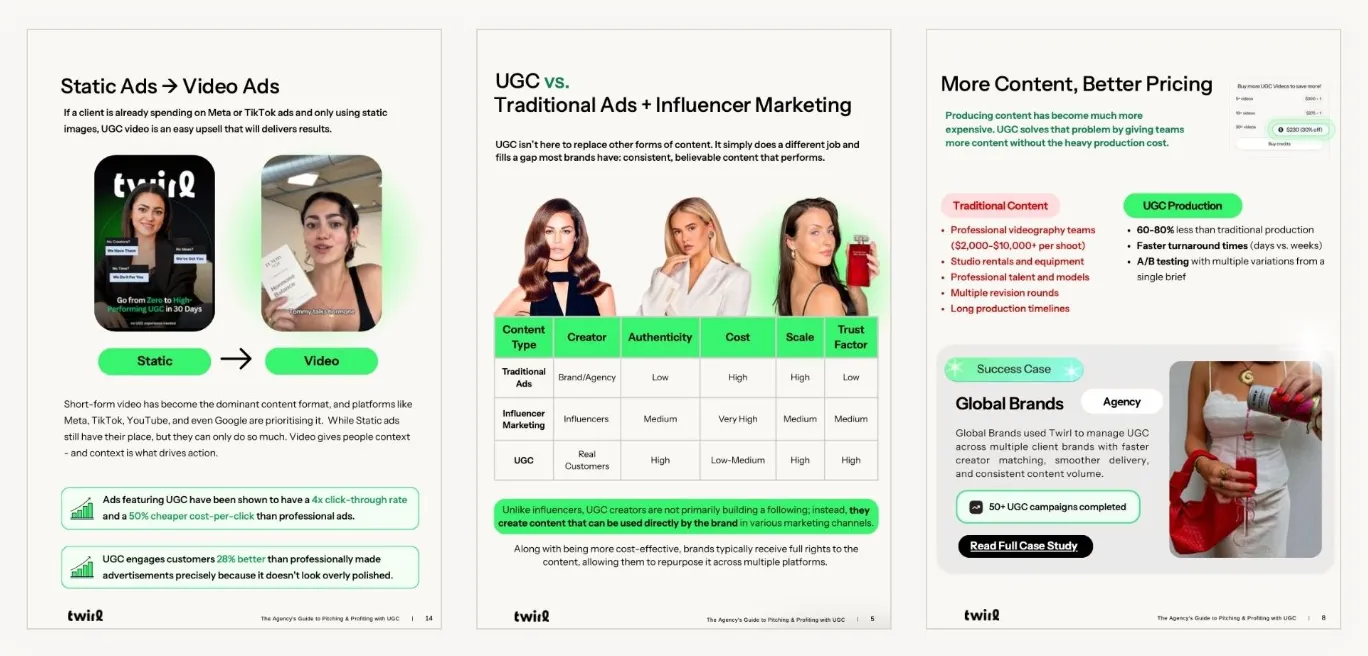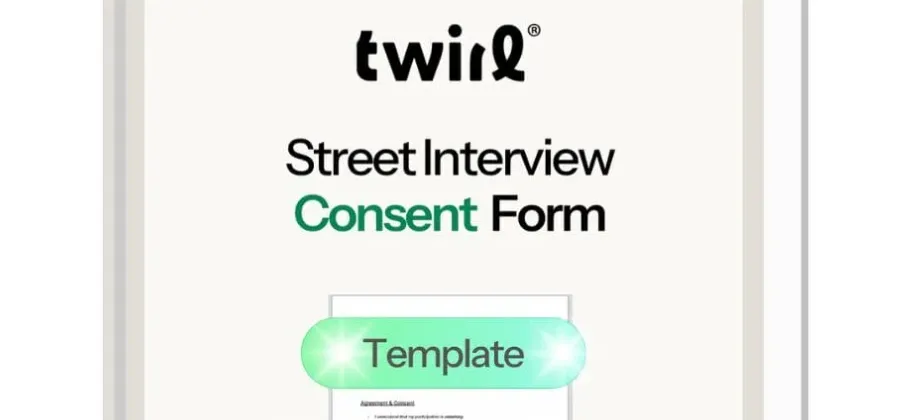So You're ready to work on your first UGC project, and you're all excited. But wait.
It's really important that you set everything in place and get all the required information, before you begin.
UGC videos require some work, and as a creator, some important questions need to be asked, before you begin to work with a brand.
Likewise, these questions would help brands prepare effectively and understand what it takes to make a video that would be just what you need.
1. Who is the brand's target audience?
And before you answer that, No. It's not everyone. There's no product that's for everyone! Every product has its target audience. Always remember that! Could you possibly market your product the right way, when you don't even know who your product is meant for? Absolutely not.
A brand should have their ideal customer defined. This would help them get as much information as they can about the prospective buyer, which includes their deepest desires, their interests, their location, their mode of communication, and their pain points. There's always a need your buyer wants to meet. Find out what it is.
If a brand doesn't have their ideal customer yet, they still have a lot of work to put in, before they think of creating content.
This is what makes your video stand out from the tons of videos without a definite direction. When your video catches and holds your prospective buyer's attention, and leaves them thinking about it, then you've hit the right spot!
2. Why should the audience buy this product over others?
As a brand, you're not the only one selling that sort of product. Lots of people are, and they're all fighting for your prospect's attention.
What do you do then? You figure out your Competitive advantage and Unique Selling Proposition (USP). What makes your product different? What makes it better? What's that unique feature your product has that others don't? Why should they go for your product over all the other alternatives? Is it the quality? The durability? The kind of people it's specially made for?
You have to figure that out. This would help your creator emphasize it while making the video.
3. What platforms will the content be used on?
This question would help understand the most appropriate style to be used, to help communicate effectively to the audience. It helps to know the language to use, and mode of delivery.
Different platforms require different styles of delivery, TikTok is much more informal, casual and based on trends around music, sounds and visuals. Instagram on the other hand is much more polished and professional. A great content creator knows this and produces content in the style of the platform that it is going to be used!
It is also important to take note of the aspect ratio, as all platforms have different aspect ratios.
4. Are there any brand guidelines to be followed?
Some companies have specific guidelines and details to be followed in the video. As a content creator, ensure to ask if there are any of these, so you can include them appropriately in the video.
You could also ask for samples of their successful UGC videos, if they've made some in the past, or other videos they came across and loved. This would help you to know exactly what they're looking out for.
You don't have to discard the existing framework. If they have something that has worked for them before, reapply it!
5. What does success look like for the brand?
It might be pretty obvious. Every brand wants more sales, right? But the thing is, that might be a little too general, because not everything is within your power to determine as the creator.
For example, what if the creator makes a great video, but there are problems with the website or ad management? Surely you wouldn't want to be blamed for that.
That's why it's really important to agree on what you are responsible for, as the creator, and what their metrics for success are.
What they consider a successful project could be videos that highlight their USP, and give them more time to focus on other important activities.
Bringing it all together
As a content creator, it is important that you have answers to these questions and get as much information as possible before starting a project. This also will avoid any potential conflict caused by subjectivity down the line, for example if brand guidelines or product use instructions were not included in the brief, brands may request multiple revisions, which you may not be paid for.
Another way to avoid this and add some more structure is to use a platform like Twirl, we take care of the briefing process, making sure everything is super clear for you as a creator. We also hold the relationship with brands, so if there is any issue, our team can jump in and help with communication. Finally we build in all difficult topics like revision policy and usage rights, so that you don’t have to worry about it!
Want to take your content creation career to the next level? Sign up for Twirl today!

.svg)

-min.avif)



.avif)

.avif)

.svg)
.svg)

.webp)